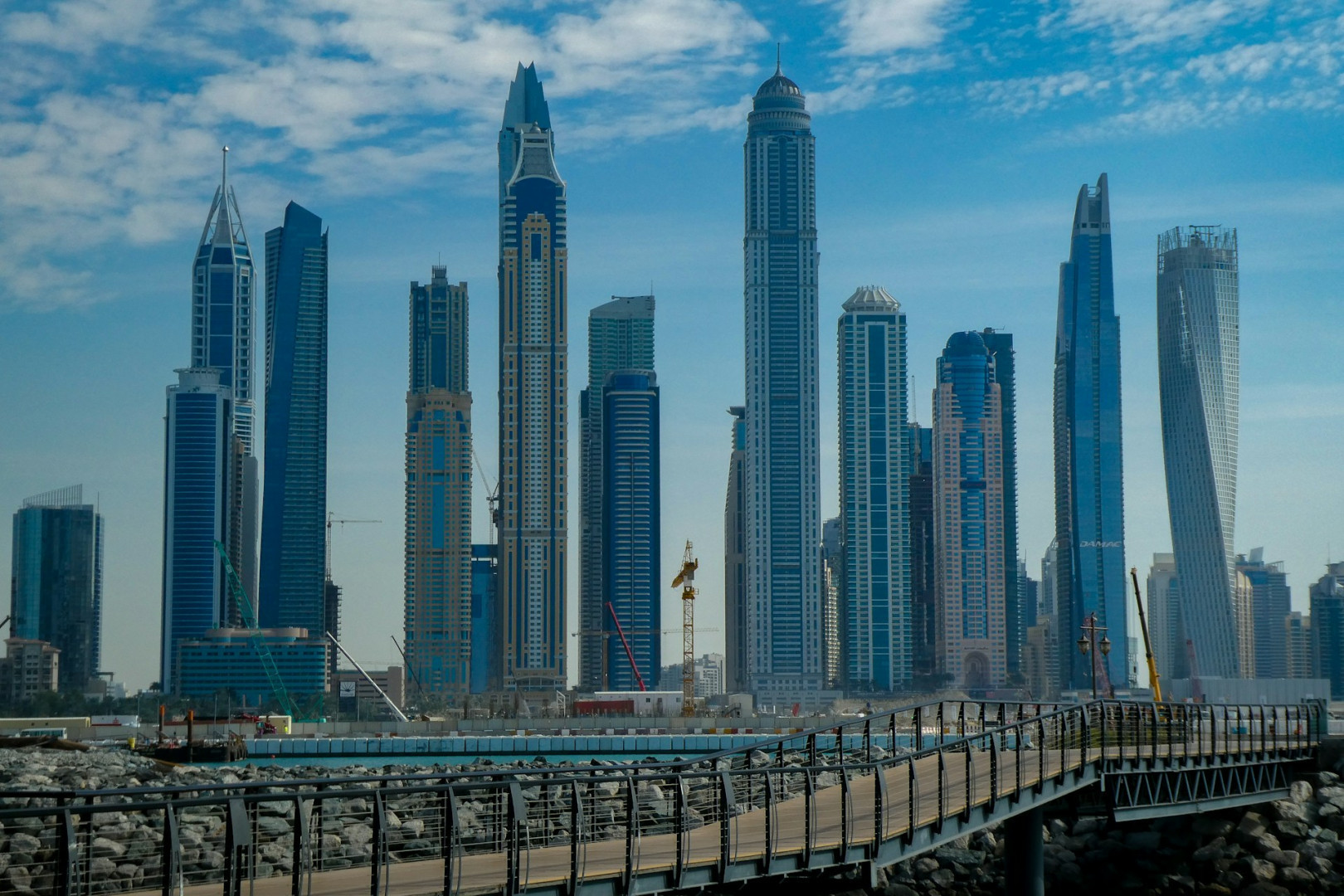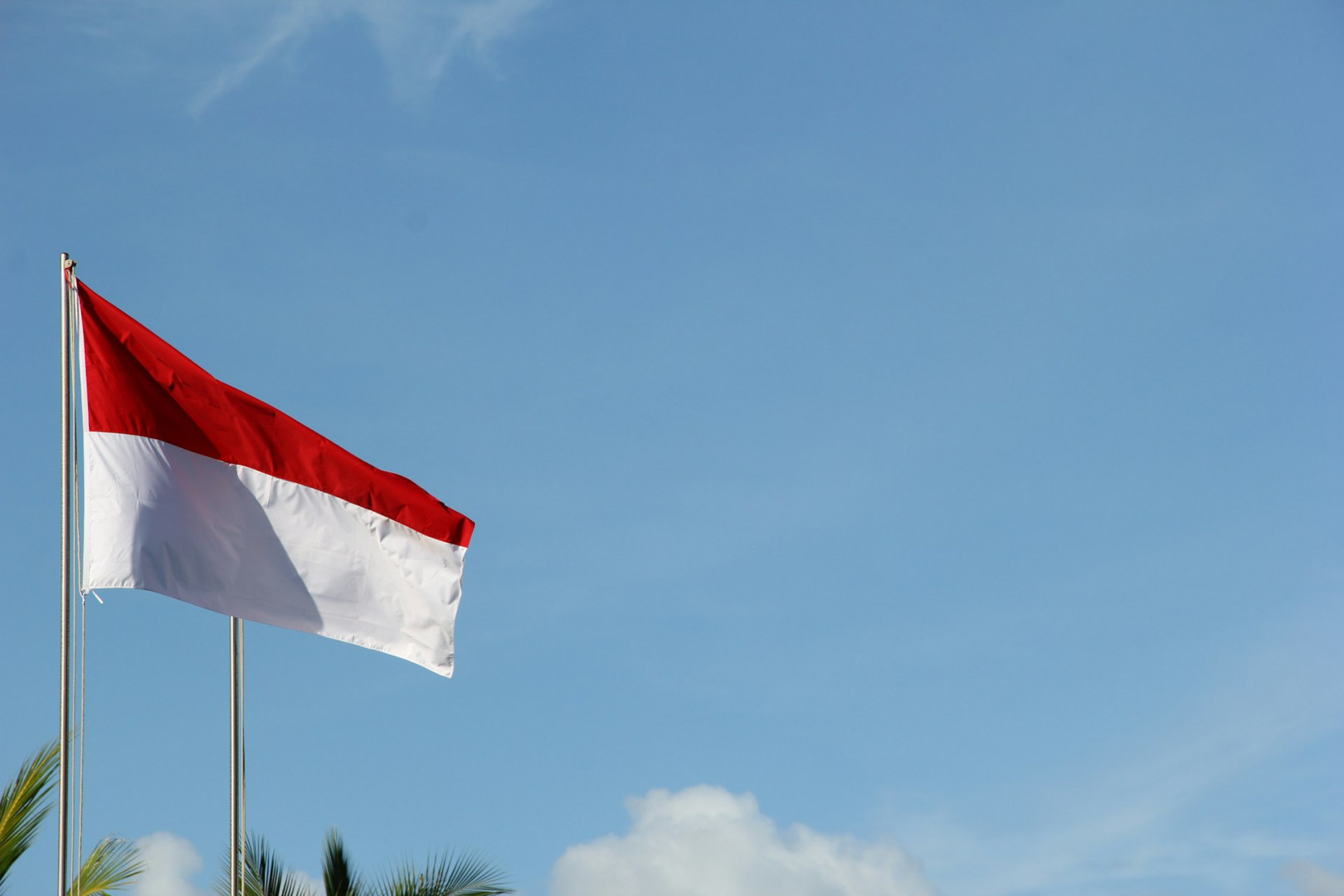
Off-plan properties
About us
Bali has evolved far beyond a tourist destination — it’s now a global hub for digital nomads, entrepreneurs, and creative professionals.
Thousands of foreigners move here each year to build businesses, work remotely, or invest in property.
But while Bali’s lifestyle feels relaxed, the Indonesian legal framework is strict. To work here safely and profitably, you need the right visa, business registration, and tax compliance.
This guide explains how to work on Bali in 2025 — legally, strategically, and sustainably.
In Indonesia, “work” is defined broadly — any income-generating activity conducted while residing in the country, even online.
That means digital freelancers, consultants, and influencers all fall under work regulations.
Operating without proper visas or licenses can lead to fines, deportation, or business closure.
Three Legal Paths to Work on Bali:
| Visa Type | Duration | Who It's For | Key Features |
|---|---|---|---|
| Working KITAS | 6–12 months | Employees of Indonesian companies | Requires job offer & sponsorship |
| Investor KITAS | 1–2 years | Company shareholders/directors | Includes work rights |
| Digital Nomad Visa | Up to 5 years | Remote workers earning abroad | Tax-free if income is offshore |
| Business Visa (B211A) | 60–180 days | Market research / pre-investment | Non-working visa |
Tip: Always choose the visa that matches your activity — Indonesian immigration is strict about “purpose mismatch.”
| Profile | Recommended Visa | Key Advantage | Work Permitted? | Tax Status |
|---|---|---|---|---|
| Remote freelancer | Digital Nomad Visa | Up to 5 years, tax-free | Yes (foreign income only) | Non-resident |
| Business owner | Investor KITAS + PT PMA | Full legal work rights | Yes | Resident (183+ days) |
| Employee | Working KITAS | Employer sponsorship | Yes | Local tax |
| Visitor | B211A | Market exploration | No | N/A |
This table helps investors, freelancers, and professionals instantly identify the correct visa type — a must for smooth, compliant work in Bali.
If you’re joining a local company, the employer must sponsor your Working KITAS.
Requirements:
Popular Roles for Expats:
Average expat salary: $1,500–4,000/month, often with accommodation and benefits.
If you plan to run a business — from villas to yoga retreats — register a PT PMA (foreign-owned company).
Advantages:
Setup: 3–6 weeks, $2,000–3,000.
Before registering, consult the Positive Investment List (Daftar Positif Investasi).
Certain sectors (education, media, mining) still require local partnerships or special permits.
Bali officially launched the Digital Nomad Visa in 2023, positioning itself as Asia’s remote work capital.
Key advantages:
Best Zones for Remote Work:
Reminder: You can’t serve Indonesian clients on this visa — doing so constitutes local business activity and requires PT PMA registration.

Indonesia’s tax ecosystem is digital, transparent, and tightly monitored.
| Category | Tax Type | Rate / Notes |
|---|---|---|
| Individuals (residents) | Income tax | 5–35% progressive rate |
| Digital Nomads | Offshore income | 0% tax |
| Companies (PT PMA) | Corporate tax | 22% standard rate |
| VAT (PPN) | Goods/services tax | 11%, above 4.8B IDR turnover |
Tip: Even “zero-income” companies must file monthly reports. Failure = license suspension.
| Sector | Roles | ROI / Growth |
|---|---|---|
| Real Estate | Developer, broker | ROI 8–12% per year |
| F&B / Hospitality | Café owner, GM | 15–25% profit margin |
| Wellness & Fitness | Retreat founder, instructor | 10–12% |
| Creative / Tech | Agency owner, designer | High scalability |
| Tourism & Events | Operator, consultant | Seasonal but strong ROI |
Trend: The future is hybrid — villa, café, and co-working space under one brand.
Bali seduces you easily — sunrise yoga, coconuts at noon, networking dinners by sunset. It’s a rhythm that makes people forget that this paradise is still a country with its own rules, taxes, and business structures.
Working here isn’t about escaping systems — it’s about building a sustainable one around your dream life. The island gives enormous freedom, but that freedom only lasts when it’s backed by paperwork: a valid visa, a transparent company, and clean tax records.
Too many newcomers arrive with a “let’s just start and see” mindset — freelancing on a tourist visa, renting villas for Airbnb without a license, paying salaries in cash. It works… until it doesn’t. The Indonesian government has modernized fast — online tax systems, immigration checks, and land-use monitoring mean that “unofficial” operations are now visible within months.
The truth: compliance is not the opposite of freedom — it’s what protects it.
When your PT PMA is registered, your Investor KITAS is valid, and your tax filings are clean, you can finally exhale. No fear of immigration raids, no frozen bank accounts, no fines — just peace of mind to build, create, and live the Bali life everyone dreams about.
So yes — working in paradise means paperwork. But those papers are what make the dream real.
They turn “living on Bali” from a long vacation into a legitimate, thriving lifestyle and business.
Remember: Legal shortcuts often look cheap but cost far more in fines, penalties, or even deportation.
A French entrepreneur opens a surf and wellness retreat in Canggu. He registers a PT PMA, obtains an Investor KITAS, leases land under Hak Sewa for 30 years, and secures a Pondok Wisata license. He files monthly tax reports and hires local staff through payroll compliance.
Result: a fully legal, profitable business with 10%+ annual ROI and the right to live and work in Bali long-term.
DDA Real Estate helps investors and professionals navigate Bali’s legal and business landscape.
Our services include:
Our mission: to make your Bali business life simple, legal, and profitable.
Read also: “Tax & Accounting in Bali for Foreigners”, “Company Formation on Bali | KITAS”, “How to Start a Business in Bali: Legal, Financial, and Cultural Aspects”.
Bali offers the world’s most inspiring mix of freedom, opportunity, and creativity — but only those who build legally can truly enjoy it long-term.
With the right structure, you won’t just work on Bali — you’ll grow here.